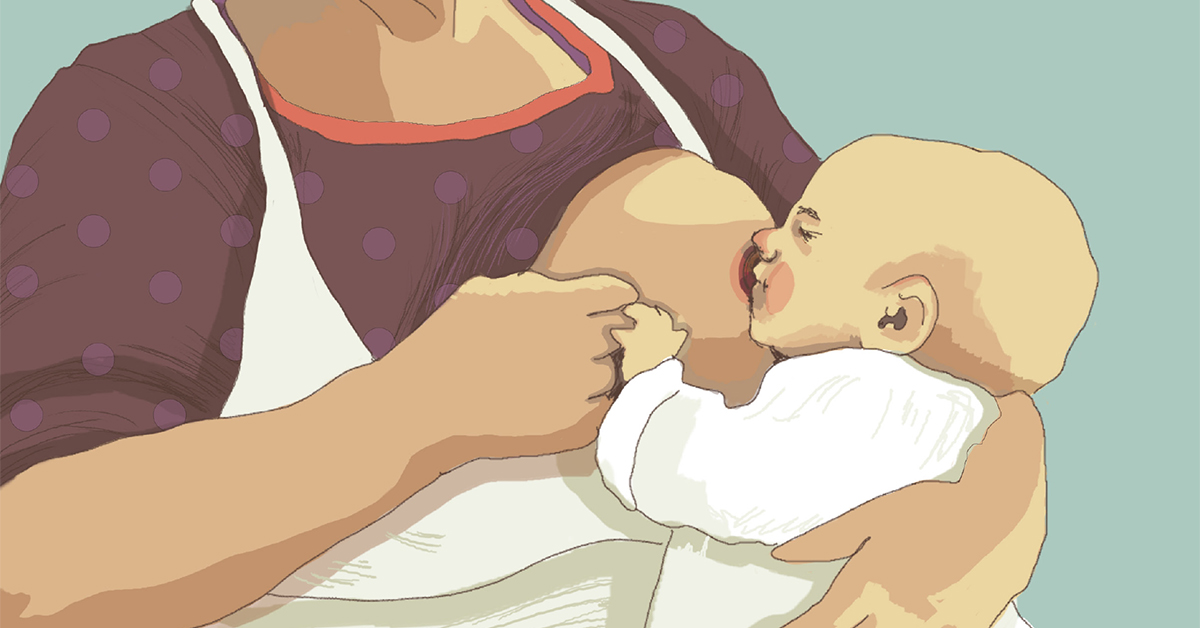Basque ethnography at a glance
Giving names to houses used to be a fairly widespread custom here in the Basque Country. And a good many houses have, in turn, given their name to their inhabitants. As a matter of fact, the Basque word etxe ‘house, home’ has been an inexhaustible resource for the composition of countless Basque last names.
Names of houses, neighbourhoods, villages, towns or cities, and other places have often been used as surnames in our country. Indeed, it was and continues to be quite common, especially in rural areas, for folks who do not know you to ask, first and foremost, where you live or where you come from.
Moreover, abandoned children of unknown father and mother received toponymic surnames in the old days. Their parents lived precarious lives, in many cases, and could not take care of them, resorting to abandon them. Many others were the fruit of extra-marital relations, children of sin, according to the moralistic discourse of the time.
Unfortunately, the abandonment of children became unexceptional during the 19th century: newborns were abandoned in streets, churches and convents, doorways, or cradle-like turnstiles at orphanages, always anonymously and in the hope that someone would collect and bring them up.
Child abandonment would until then have been unusual in our country, precisely because of the protection provided by the very large families of old: grandparents and grandchildren, aunts and nieces, uncles and nephews, brothers- and sisters-in-law…. All of them lived together under the same roof, as dictated by the extended type of family structure typical of former times.
Unfortunately, the abandonment of children became unexceptional during the 19th century: newborns were abandoned in streets, churches and convents, doorways, or cradle-like turnstiles at orphanages, always anonymously and in the hope that someone would collect and bring them up.
Child abandonment would until then have been unusual in our country, precisely because of the protection provided by the very large families of old: grandparents and grandchildren, aunts and nieces, uncles and nephews, brothers- and sisters-in-law…. All of them lived together under the same roof, as dictated by the extended type of family structure typical of former times.
The only home for abandoned children in the whole of the Basque Country used to be in Pamplona. The homeless children from Bizkaia were taken to Zaragoza before they began to be sheltered nearer, in Calahorra, La Rioja. It would be by the end of the 19th century that charitable homes became the responsibility of local authorities.
A children’s home erected on the esplanade of Solokoetxe, in Bilbao, on grounds which belonged to the former parish of Begoña, was inaugurated in December 1883 and opened its doors to the foundlings and orphans of Bizkaia in January 1884. The three-storey building could, in principle, shelter up to one hundred children. But the number of babies exposed in the open increased by the year. According to data from 1890, to be specific, 189 newborns were baptized in the chapel of the care home.
The establishment registered them with a first name and identification number, no surnames. Later in life, as and when required, were it to undertake military service, were it to be married, they would, by convention, be given the surname Bilbao, among other customary choices, and with it the stigma of being born of unknown parents and thus condemned to live in dishonour. Beneath these surnames lies the truly harsh reality of innocent children who suffered the scorn of society. Masked by prejudice, the echo of their pain and suffering can sadly still be heard today.
In 1895 a maternity home was built next to the crèche, where unmarried mothers-to-be could stay during the last two months of their pregnancy. Foundlings and abandoned children began to be given random surnames in November 1902, whether Basque or Spanish, be it Etxebarria, Gorrotxategi, Urrutia, García, Pereda or Fernández. The names and surnames of more than 300 children appear in the 1910 register book of the establishment, more than 180 of whom died as infants, at a very early age, most of them before their first year.
Waifs and strays were wet-nursed on the premises and later placed with external wet nurses, mostly in rural houses and farmhouses. Many of these women would have lost their biological child and could therefore breastfeed. In return for their wet-nursing and caring, they received a small financial support up until the little ones turned seven years of age, but that alone did not constitute a modus vivendi or a solution for the family’s economy.
Even in the case of extended families, it was common, especially in rural areas, to foster a foundling, a decision that was unfortunately all too often determined by the poor yet still necessary aid the child brought. Once nursing concluded and financial support ended, some of the children were returned. Others were further fostered for the labour they would provide once they grew up. And the lucky rest were lovingly cared for and raised.
It would be as late as the end of the 19th century that society became more aware of the immense burden and injustice experienced by foundlings, thanks, among other things, to the movements for the protection of children’s rights. As a consequence of the growing ideological freedom, fewer and fewer children were abandoned, till the home for the abandoned children of Bizkaia finally closed its doors for good in 1984. The old-time children’s home houses now the community health centre of Santutxu.
Jaione Bilbao – Ethnography Department – Labayru Fundazioa
Illustrations by Maria Altuna and Leire Urbeltz. Bilbon hara-hona [Here and there in Bilbao]. Bilbao, 2020.



